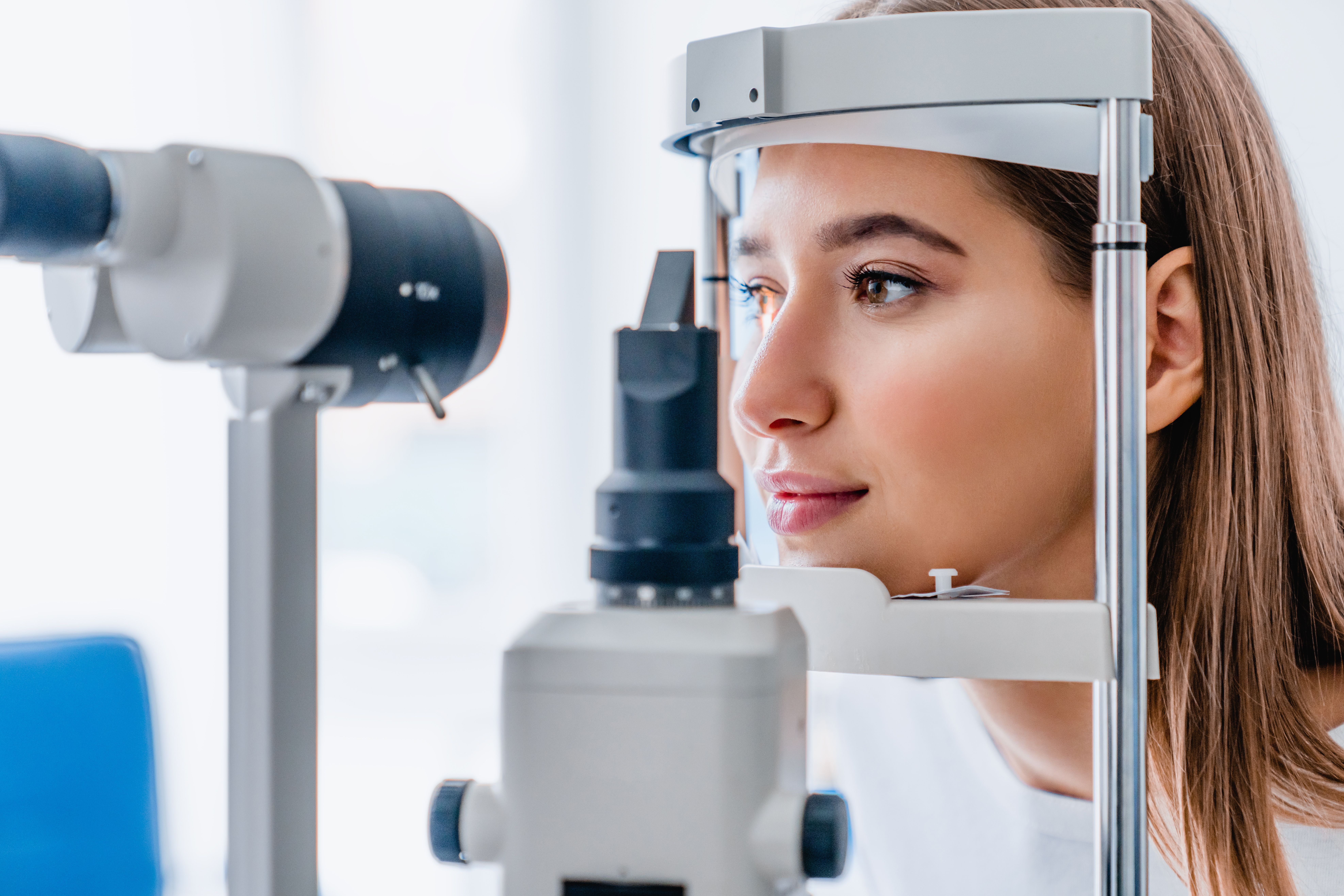- Center on Health Equity & Access
- Clinical
- Health Care Cost
- Health Care Delivery
- Insurance
- Policy
- Technology
- Value-Based Care
FDA Gives Breakthrough Device Status to CLAiR Platform Assessing CVD Risk Through Eye Exams
Toku’s platform aims to deliver real-time cardiovascular disease (CVD) risk assessments using routine eye exams.
The FDA has granted breakthrough device status to Toku’s cardiovascular risk artificial intelligence (CLAiR) platform, which, if approved, will allow patients to receive real-time cardiovascular disease (CVD) risk assessments through routine eye exams.

“Toku’s mission is to make identifying disease accessible for everyone, everywhere, all the time. The Breakthrough Device designation that the FDA has granted to our CLAiR technology platform is a validation of the tremendous potential our CLAiR AI technology can provide to the tens of millions of patients who may unknowingly be at risk of a devastating cardiovascular condition,” said Ehsan Vaghefi, associate professor at the University of Auckland, New Zealand, CEO and cofounder of Toku, in a statement. “This designation greatly de-risks our clinical development and regulatory pathway for the technology, as the FDA’s Breakthrough Devices program offers medical device companies accelerated review processes, enhanced guidance, and prioritized evaluation, facilitating quicker market access for innovative technologies and encouraging the development of devices that significantly improve patient care.”
If granted FDA clearance, this platform would be the first of its kind in the US market and would be integrated into retinal cameras to allow these assessments to be performed in eye care clinics, primary care, and pharmacies.
Toku is a commercial medical device company that specializes in imaging technology and AI. Recently, the company joined the Innovator’s Network, which is part of the American Heart Association’s Center for Health and Technology & Innovation. Being a part of this network would allow Toku to collaborate with other digital health companies to create the next generation of health technology solutions, as the company plans to make the platform commercially available by mid-2025.
The CLAiR technology has accuracy comparable to traditional CVD risk assessment tools. However, these other methods typically include multiple measurements and blood tests, which can take weeks. Meanwhile, the CLAiR technology can seamlessly interpret many tiny signals though retinal images of blood vessels to identify elevated CVD risk that may be caused by genetic or risk factors such as hypertension or high cholesterol.
The retina, which is located at the back of the eye, is the only transparent part of the cardiovascular system that can be photographed easily and noninvasively. As a result, these images can then be shared with a patient’s primary care physician for a comprehensive cardiovascular evaluation, allowing health care providers from multiple settings the ability to check for elevated CVD risk before the onset of clinical disease.
“Predictive analytics technology, provided it has been proven to be accurate and applicable to the population using it, has tremendous potential to benefit patients by identifying those at highest risk so treatments and preventive measures can be initiated quickly,” said April Maa, MD, professor of ophthalmology, Emory University School of Medicine, in Toku’s statement. “The medical literature has published many examples using different types of eye imaging to predict risk of other systemic conditions beyond cardiovascular disease, such as neurologic or kidney disease. Therefore, further developing this type of technology is very exciting as cardiovascular disease remains a significant cause of morbidity and mortality in the whole country.”
Reference
Toku Eyes. FDA grants breakthrough device status to Toku’s patented cardiovascular risk AI (CLAiR) platform. News release. November 2, 2023. Accessed November 1, 2023.
